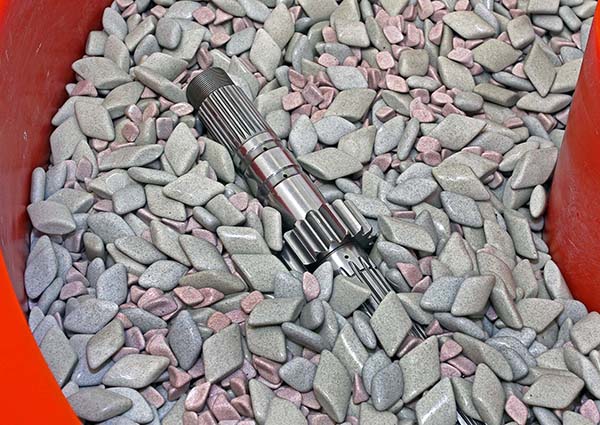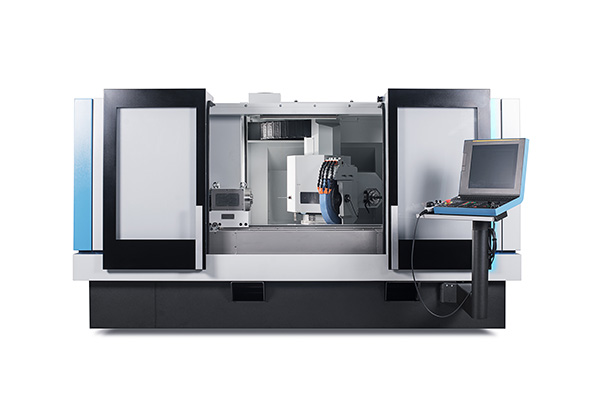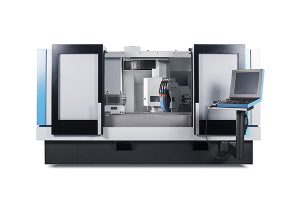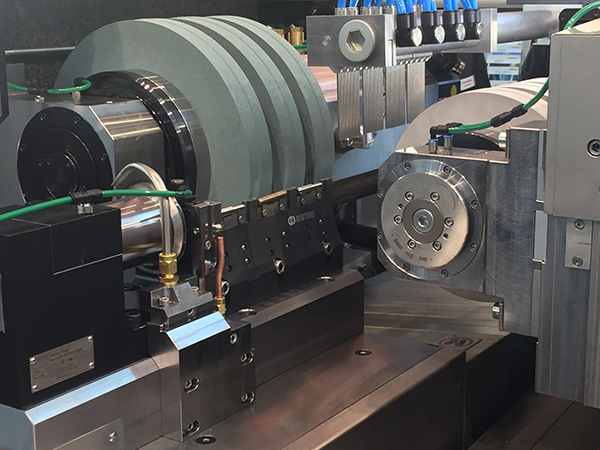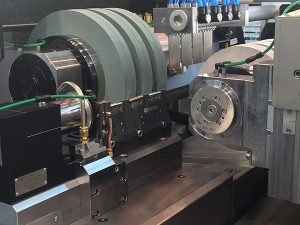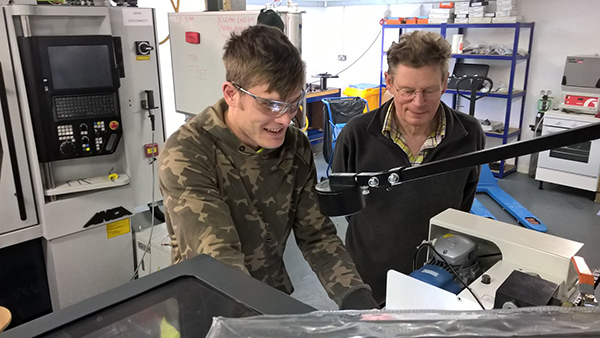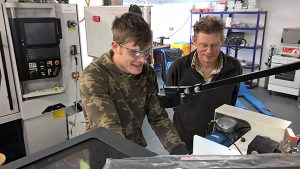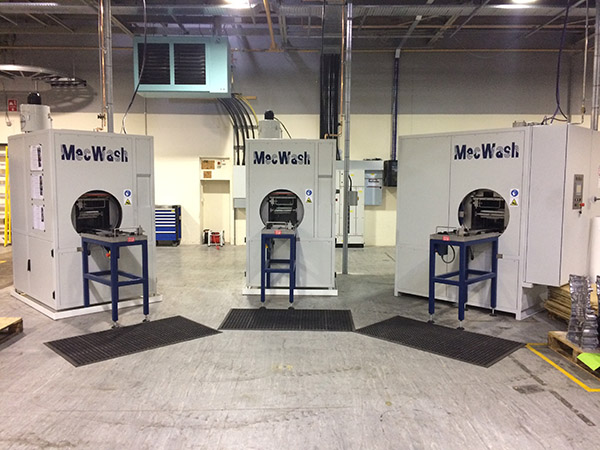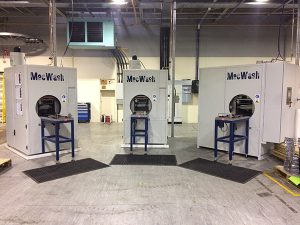Immediately inside the visitor entrance to Surface World Live 2018 (19-20 September, Birmingham NEC), vibratory finishing specialist PDJ Vibro will promote its range of new and refurbished bowls, barrels and high-energy centrifugal equipment, as well as the large range of consumables on offer.
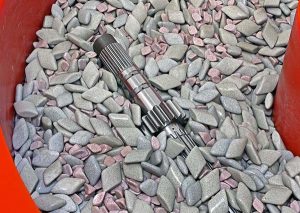
The company will also stress its comprehensive service offer, from technical consultancy and applications engineering, through machine upgrade, repair and part-exchange, to 24/7 subcontract vibratory finishing and polishing.
Vibratory machines ensure that deburring, descaling, edge breaking, surface finishing and superfinishing of components is carried out automatically, consistently and to a high degree of repeatability that is unattainable when processing by hand. The process also reduces labour costs, reworking and scrap. At the same time, parts can be degreased, rinsed, dried and pre-treated for anodising, chemical blacking or painting.
Another area of focus will be the vast range of components that can be efficiently and safely processed using the vibratory technique. Anything from rusty old chains to parts machined to tolerances measured in single-figure microns are suitable candidates for vibratory finishing, as are delicate components produced by additive manufacturing.
PDJ Vibro’s main vibratory bowl range has process chamber sizes from 7.5 to 6000 litres, while three entry-level models have capacities of 300, 150 and 75 litres. Rectangular troughs in 13 sizes, with capacities from 22 to 2200 litres, are the preferred choice for finishing longer items and those made from sheet metal.
For further information www.pdjvibro.co.uk






